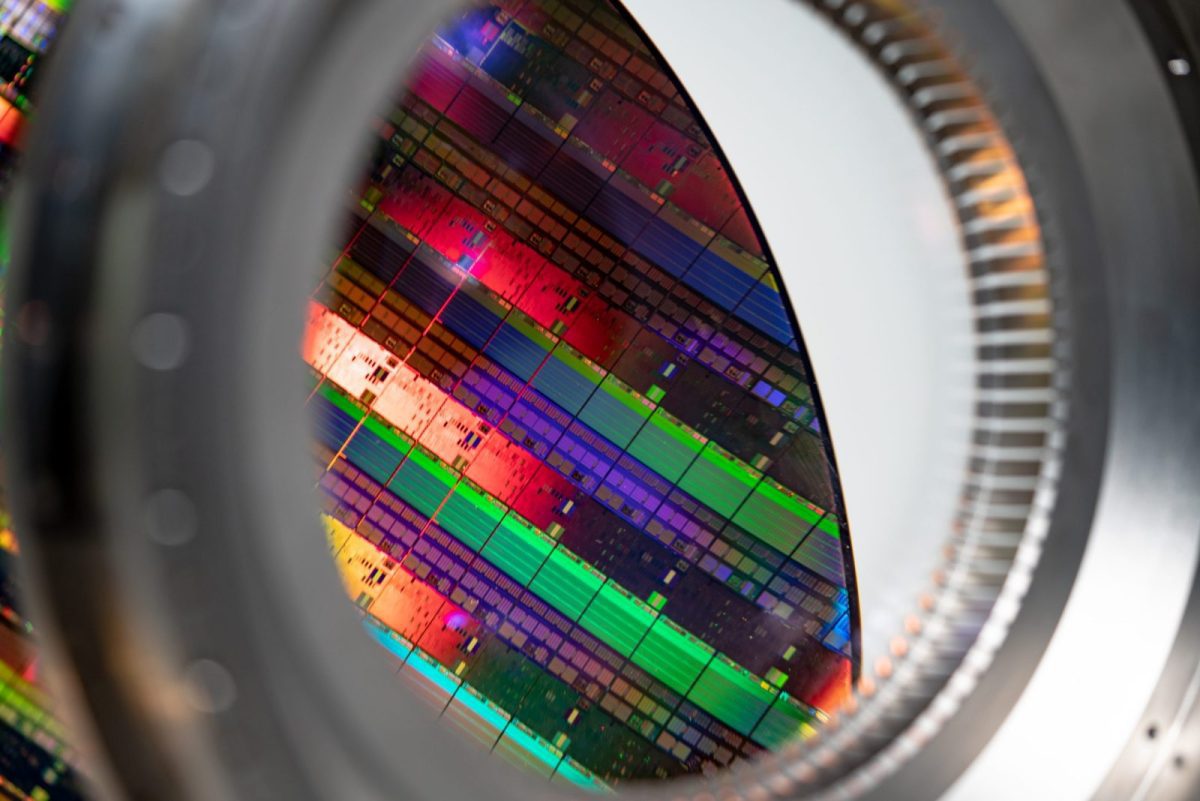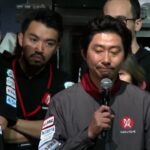Global Courant 2023-04-26 07:29:46
Export controls on semiconductor technology have expanded following the conclusion of US bilateral negotiations with Japan and the Netherlands in March 2023. This is just the beginning, as the United States is about to further tighten export controls as recommended in the National Security Commission on Artificial Intelligence final report.
The Bureau of Industry and Security of the United States Department of Commerce new rules issued on October 7, 2022, which was expected to happen spark protests from semiconductor equipment manufacturers and foundries.
While Washington insists the measures are designed to protect US intellectual property and defend national security, they reflect the heavy competition in the global semiconductor equipment trade.
According to 2019 figures, the United States had a 17% share of total exports of semiconductor manufacturing equipment, behind Japan (28%) and closely followed by the Netherlands (17%), Singapore (10%) and South Korea (10%) .
The United States is dominant in the upstream integrated circuit design process, but faces competition from the Netherlands and Japan in the midstream integrated circuit manufacturing process. It also does not have a substantial market share in the downstream packaging and testing process for integrated circuits.
The competitive nature of the global semiconductor industry is particularly striking in lithographic equipment (dubbed scanners or steppers). The Dutch company ASML Holding NV dominates this market, which was valued at US$11.8 billion in 2022 and is expected to grow at a compound annual growth rate of 10%, reaching $18 billion by 2025.
The current steps to prevent the Netherlands and Japan from exporting semiconductor equipment to China aim to undermine China’s access to advanced chip manufacturing equipment. But these efforts could also lead to a shift in market share, depending on how export controls are implemented.
Employees of the Dutch company ASML at work. Photo: ASML
After months of deliberation during negotiations with the United States, ASML announced the sale of specific models of semiconductor equipment to an unknown land.
The affected models were the TWINSCAN NXT:2000ithe NXT:2050i and the NXT:2100i, which are deep ultraviolet machines used for lithography processes in the most advanced logic and memory chips.
ASML has announced the added measures does not affect earnings, as it is currently running at capacity. But given that the US Department of Commerce’s Bureau of Industry and Security has already banned the sale of extreme ultraviolet machines to China, ASML needs to plan its next steps wisely and diversify into other jurisdictions.
The additional measures are pending implementation until the Netherlands makes new laws and ASML is bound by existing contracts to supply machines until then.
Japan has made its views known intention to participate in export controls, the announcement of his own export control mechanisms in March 2023. But Japanese Foreign Minister Yoshimasa Hayashi next visited his Beijing counterpart, Qin Gang, given the possible backlash from China.
As expected, China has considered posting export controls on rare earths retaliation. There is speculation upon which Japanese companies would be subject to the ban on semiconductor equipment sales to China, the most likely being Tokyo Electron.
Depending on how Japan implements export restrictions, Japanese companies will Canon And Nikon may search revitalize their lithography businessa market in which they once thrived, but in which they have lost market share because they have focused instead on camera lenses.
The measures announced by the Bureau of Industry and Security on October 7, 2022 have led to a decline in semiconductor equipment sales to Chinademonstrating the immediate impact of the measures on US companies such as Applied Materials, KLA and Lam Research.
The implementation of US export controls on semiconductor equipment could reset competition for market share and create uncertainty for major players. Other countries such as Singapore, Germany and South Korea are likely to face additional measures in the near future.
As access to the Chinese market shrinks under US export controls, this will undoubtedly lead to more competition and geoeconomic conflict between the United States and China.
June Park is a political economist and an inaugural Asia Fellow of the International Strategy Forum at Schmidt Futures.
This article was originally published by East Asia Forum and has been republished under a Creative Commons license.
Similar:
Loading…








